Diversity Equity and Inclusion
To build the future of global money, we need an inclusive team that’s as diverse as the customers we serve. Transparency is deeply important to us, so being clear about the challenges we face and how we’re working to overcome them is key to making sure we achieve our goals and track our progress along the way.
Essential to our mission
We want to make sure that the amazing people we hire have a voice and are heard. That they are empowered and productive in their roles.
We already do some great things to make Wise open, nurturing and accessible to all. When asked if people from all backgrounds are accepted for who they are in our most recent employee engagement survey, Wise scored in the top 5% of the tech company benchmark.
But we want to do even more! We want to be clear about our goals, consistent in our actions and hold ourselves to account for making change happen. And that everyone has the support and resources they need to have equal opportunities.
Just like our customers, our Wisers are from every part of the world. Our community is made from diverse backgrounds, life experiences, knowledge and problem solving skills.
We have 125 different nationalities represented at Wise, with almost half of our people working in a country that’s different from their nationality!
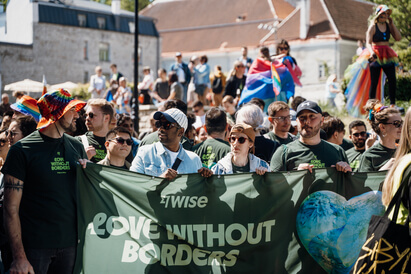
Our objectives
We have evolved our DEI efforts to include 5 overarching objectives for the next financial year and beyond. The key priorities we are focusing on are:
So, what are we focused on?

1
Increase the diversity of our Wiser population and leads to reflect our global and local customer base and the diverse communities that we serve every day

2
Enhance the inclusivity of our products and services to broaden our reach and improve the customer experience, particularly for our vulnerable customers

3
Evolve our learning curriculum to increase DEI knowledge, actions and behaviours to increase retention and drive high performance

4
Ensure our processes and policies are fair, equitable and mitigate potential biases, particularly in our decision making moments

5
Improve our DEI data capture, analysis and reporting capabilities to set specific goals and track our progress
Wise communities and safe spaces
At Wise, our DEI Communities (Employee Resource Groups) are voluntary, employee led groups which foster an inclusive environment and a sense of belonging at the workplace.
Our Communities provide opportunities to listen, learn, drive action, promote allyship, and build psychological safety for everyone. Each community is formed around shared identities and experiences, have their own objectives, and take initiatives to encourage engagement and bonding.
We have 12 global Wise Communities which actively help us drive our diversity, equity and inclusion progress. Throughout the year, we celebrate global and regional cultural & religious events from our DEI Events calendar.
Heading
AsiaPacific Wisers Network
A community committed to share, learn, and empower those based in our Asia Pacific region and those with Asian heritage around the world.
Black Wisers Network
A safe space for Black Wisers to be their authentic selves, find support and create meaningful connections.
Disability at Wise
A safe space for Wisers impacted by a disability to be seen, welcomed and supported.
Inclusion at Wise
A community and central space for all Wisers and allies interested in learning about and supporting various intersecting identities.
Heading
Jewish Wise
A community for Jewish Wisers globally to share thoughts, plan events and offer support and guidance.
LatinX Wisers Network
A community for Latin American and Hispanic Wisers and allies to share experiences, build knowledge and make connections.
Mental Health Wise
A community for all Wisers interested in or impacted by mental health and wellbeing.
Muslim Wisers Network
A community for Muslim Wisers globally to share resources, materials, create events, offer support and guidance.
Heading
Parents and Carers
A community for parents, carers, those expecting and anyone interested in parenting.
QueerWise
A safe space for LGBTQIA+ and questioning Wisers to share, support and make meaningful connections. Hear from one of our Wisers:
WiseWomen
A safe space for cis and trans women, non-binary, and gender non-conforming (GNC) people.
WiseWomen in Engineering
A safe space community for cis and trans women, non-binary, and gender non-conforming (GNC) people in engineering roles.
HEAR FROM OUR LEADERS
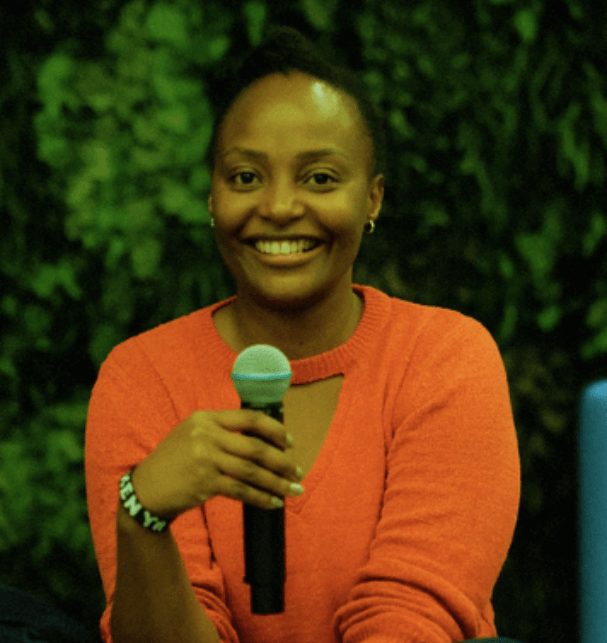

"Finding the Black Wiser community within the workplace, which shares the same values, supports everyone and is openly acknowledged by the company as an important global network, makes Wise a great place to be yourself. Knowing that whoever you are will never be viewed as a challenge but be always celebrated. This brings out the best in all our Wise employees."
Perpetua Gitungo,
Compliance Lead
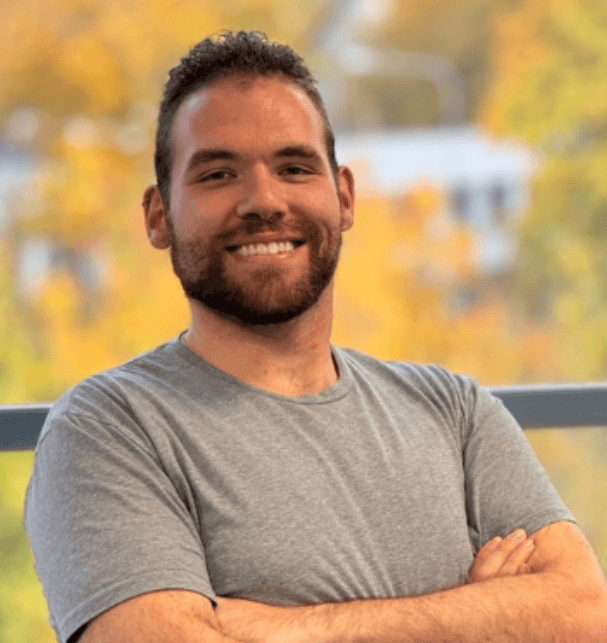

"A commitment to DEI is something that requires continuous improvement, openness to change, and an ability to celebrate the diversities we share as humans. As a queer, disabled Wiser certified in Mental Health First Aid; I’ve seen the passion that our Wise communities have. Together, I’m confident we can change the intersectionality of discrimination and disadvantage to one of inclusion and advantage (for us, and for our customers)."
Eli Zucker,
Vulnerable Customer Team Lead
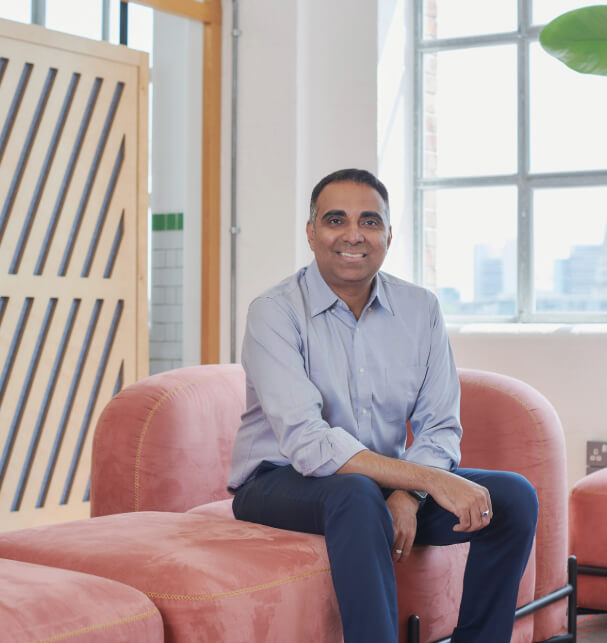

"Scaling up our approach to Diversity, Equity Inclusion isn’t easy. It requires all of us to be honest, engaged, open-minded and put the work in to make change. But I believe it’s critical to our mission and it’s the right thing to do."
Harsh Sinha,
CTO
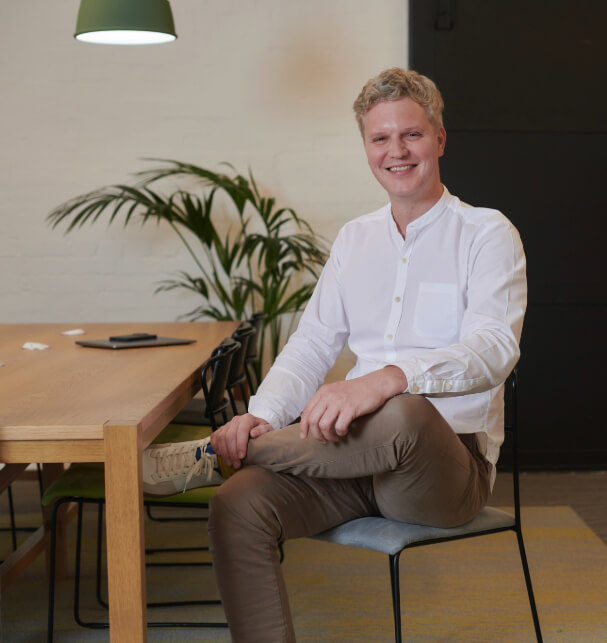

"Many queer people continuously face that dilemma every time they meet new people at work — fit in or be ourselves? As a team, it’s our responsibility at Wise to provide a safe and relaxed space where being who we are is celebrated."
Ben Steyn,
Head of Compliance
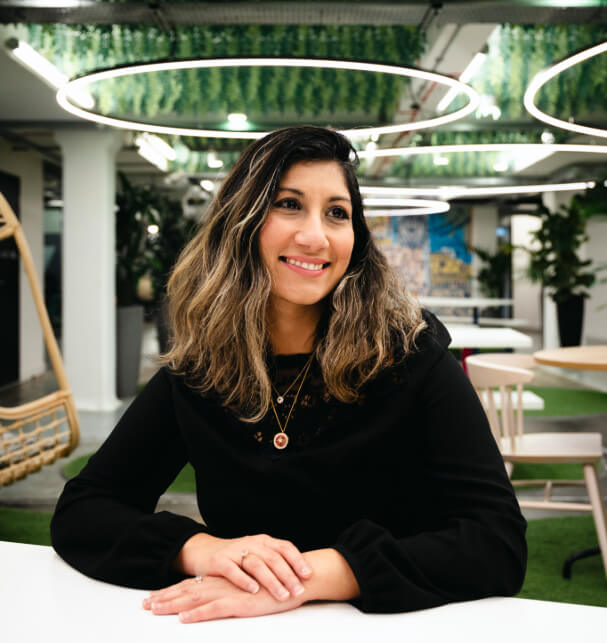

"Our mission is an inherently inclusive one- moving money without borders. I am pleased with our achievements so far towards our DEI goals and the positive impact we are actively having across the business to support our diverse customers and Wisers alike.
Designing with inclusion in mind and leveraging our powerful diversity of experiences will ensure that we embed DEI in everything we do and accelerate our progress further."
Selina Wilson, Global Diversity, Equity and Inclusion Director
Community engagement
Check out all the organisations we partner with across the globe at Wise.
Our partnerships
Related blogs

Teaser
Diversity Equity & InclusionContent Type
BlogPublish date
12/20/2023
Summary
At Wise, our vision is money without borders. In order to build the future of global money, we need a team that’s as diverse as the customers we serve.In September 2020 we signed the HM Treasu
.jpg)
Content Type
BlogPublish date
12/19/2023
Summary
Following the successful launch of our Global Wisers Giving Back program in Singapore, we’re now extending its reach to Budapest in collaboration with the Artemisszió Foundation and th

Teaser
Diversity Equity & InclusionContent Type
BlogPublish date
12/01/2023
Summary
A bit about me Hey, I’m Sally! I am disabled. It took me a long time to come to terms with this label, because I used to think that to have the ability to work, drive, party, so
.jpg)
Teaser
Diversity Equity & InclusionContent Type
BlogPublish date
11/19/2023
Summary
In October, Wise was honoured to sponsor and be a part of Black Tech Fest 2023 🚀. Black Tech Fest (BTF) is one of the largest not-for-profit gatherings of it
.jpg)
Teaser
Diversity Equity & InclusionContent Type
BlogPublish date
08/11/2023
Summary
In celebration of Global Pride Months at Wise, we are proud to introduce “Celebrating Queerwisers”, a series that highlights the incredible stories from our LGBTQ+ community across our
.jpg)
Teaser
Diversity Equity & InclusionContent Type
BlogPublish date
03/31/2023
Summary
A bit about me Hi! I am Sabina from Colombia. I have a background in social-sciences (journalism and film), but have worked for financial institutions for over 3 years. I have a
.jpg)
Teaser
People profileContent Type
BlogPublish date
03/31/2023
Summary
A bit about me I’m Candace Smith, our People Operations Lead for the Americas and have been at Wise for three and a half years. I support our US and Latin American offices. I’m
.png)
Teaser
Diversity Equity & InclusionContent Type
BlogPublish date
07/20/2022
Summary
We pride ourselves at Wise on building a workplace that is supportive, flexible and safe for everyone. As we continue our expansion in the United States, it remains important to us that we creat
.jpg)
Teaser
Diversity Equity & InclusionContent Type
BlogPublish date
10/13/2021
Summary
Written by Perpetua Gitungo, Compliance Lead at Wise When people ask you to write about anything to do with your race, you always wonder what they want to hear. I mean, it has all been
.png)
Teaser
Diversity Equity & InclusionContent Type
BlogPublish date
07/01/2021
Summary
This year we created internal guidelines and materials to support, recognise and respect our transgender colleagues at Wise. Because whilst everyone’s transitioning journey will be dif
